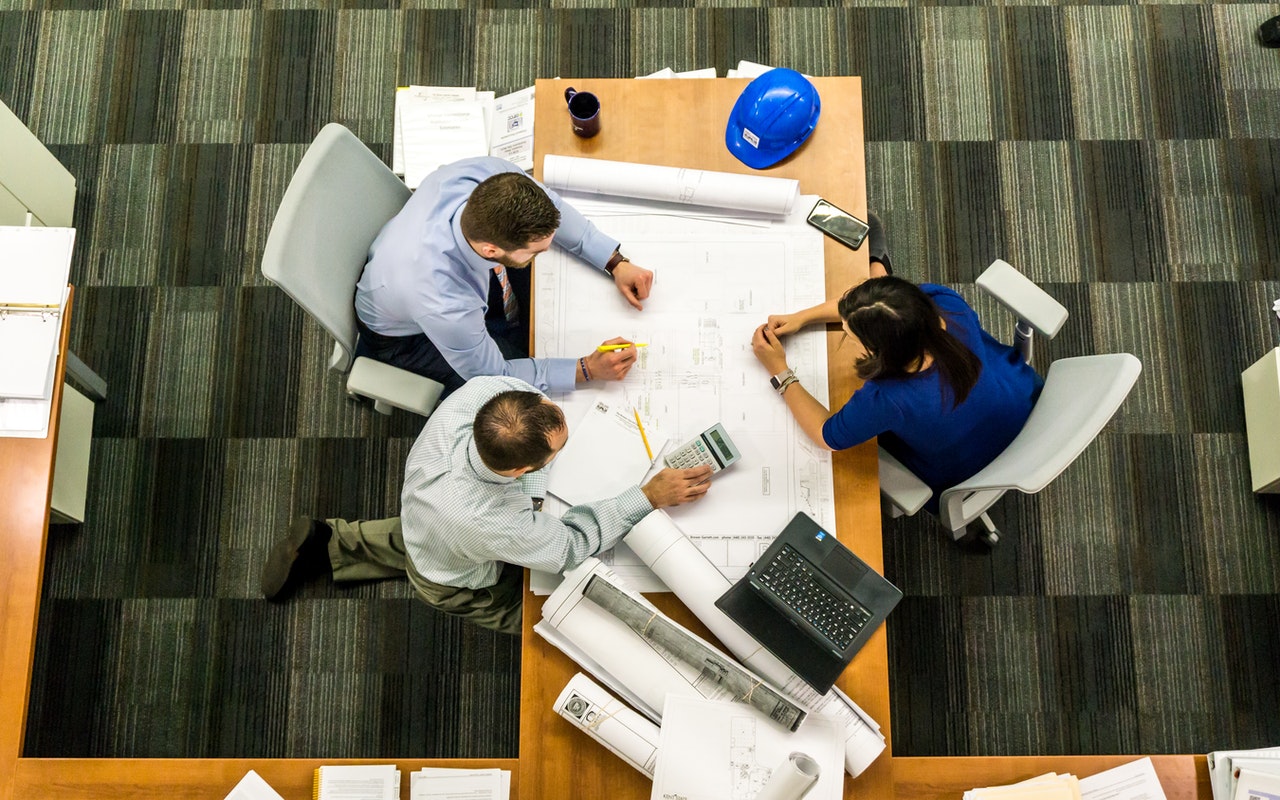In any construction project, whether you are building a house, skyscraper, or bridge, it is important to understand the process and the terminology that comes with it.
This information is vital for the successful planning and execution of your construction project. The following article will break down what happens in each stage of construction and why it is essential for your project.
Contents
The Five Stages of Construction
To execute your construction project successfully, it is important to understand all the stages of construction. In that case, the 5 stages of construction are:
- Planning
- Pre-construction
- Procurement
- Construction, and
- Turnover or Close-Out
1. Planning Stage
During the planning stage, engineers and architects spend time designing and budgeting for the upcoming project. Moreover, they will conduct studies to ensure that the project is completed successfully with minimal flaws or problems once it starts.
During this time, the parties involved meet and go over the project details and specifics of the job. Engineers, architects, and contractors will hold meetings occasionally to review project goals, benchmarks, and deadlines.
These professionals put the budget together based on the work schedule, which becomes a guideline for all parties involved in construction.
2. Pre-construction Stage
The pre-construction stage usually begins once the planning and design process has been completed. The management picks the contractor and signs a fixed-price contract for the job.
To bid for this work, contractors must show proof of compliance as licensed and bonded by the state where the project is located.
This step assures the owner that they will not run into a project management mistake of paying more than was indicated in the contract. Otherwise, it would end up as a cost overrun or “blow” to the entire project.
Pre-construction services include:
- Project budgeting
- Contract preparation
- Property and liability insurance
- Owner’s representation during the design review process
- Bid solicitation and evaluation of bids to identify the lowest responsible bidder for Owner
- The development and approval of project documents. These include construction drawings, technical specifications, phasing plans, and other construction-related documents (if required).
3. Procurement Stage
The procurement phase of a construction project involves the purchasing of materials and labor. Many times this process starts while the pre-construction phase is still in progress.
After one or more companies have been chosen to serve as general contractors or subcontractors on the site, procurement starts.
The selected companies can begin ordering materials such as cement, reinforcing steel (rebar), water for concrete mixing, and stone or gravel needed for the foundation.
After all the materials reach the site, construction work can begin on the foundation of the building.
4. Construction Stage
In this stage, priority goes to creating a safe work environment for all personnel, including the public and the client. During this phase, the client is an integral member of the team.
This is so because decisions made during this stage will significantly affect future costs and production schedules.
Once the site is safe for work, the contractor starts off to deliver the new building or facility.
4. Turnover Phase
This phase includes the final project and site closeout. During this time, the owner takes possession of the building and holds a turnover meeting with all involved parties to review or sign off on project documents for record-keeping purposes.
At this turnover stage, the owner and the contractor get a Certificate of Completion from each other. The owner receives the building and all related equipment, furniture, and fixtures for occupancy.
The contractor keeps any remaining funds as partial payment for work done.
- Closeout of construction accounts
- Records of project changes and modifications
- Hand off to maintenance for future work
- Release of warranties and guarantees
- Substantial completion certificate
- Completion of the project as designed
Final Insight
Successful completion of any construction project depends on how well it is managed. The team in charge of the project must carefully study these five stages of construction to get the work done.
If you’re looking for an NYC general contractor that aims to create a stress-free experience for their clients by managing the construction of the project from start to finish, CooperBuild as a high-end residential contractor in NYC has you covered.
An overlook on any of these stages will lead to unexpended deadline extensions and unnecessary costs. For that reason, it is prudent for all project managers to understand the entire process of executing construction work.
The Daily Buzz combines the pursuit of interesting and intriguing facts with the innate human desire to rank and list things. From stereotypical cat pictures to crazy facts about the universe, every thing is designed to help you kill time in the most efficient manner, all while giving you something to either laugh at or think about!
